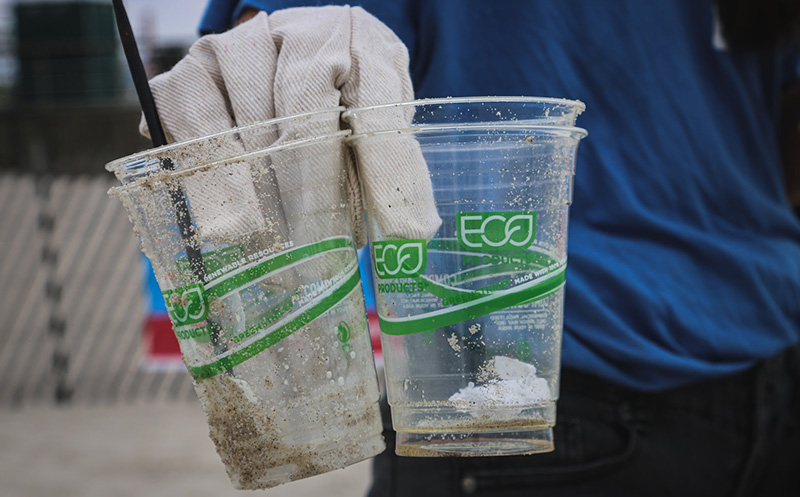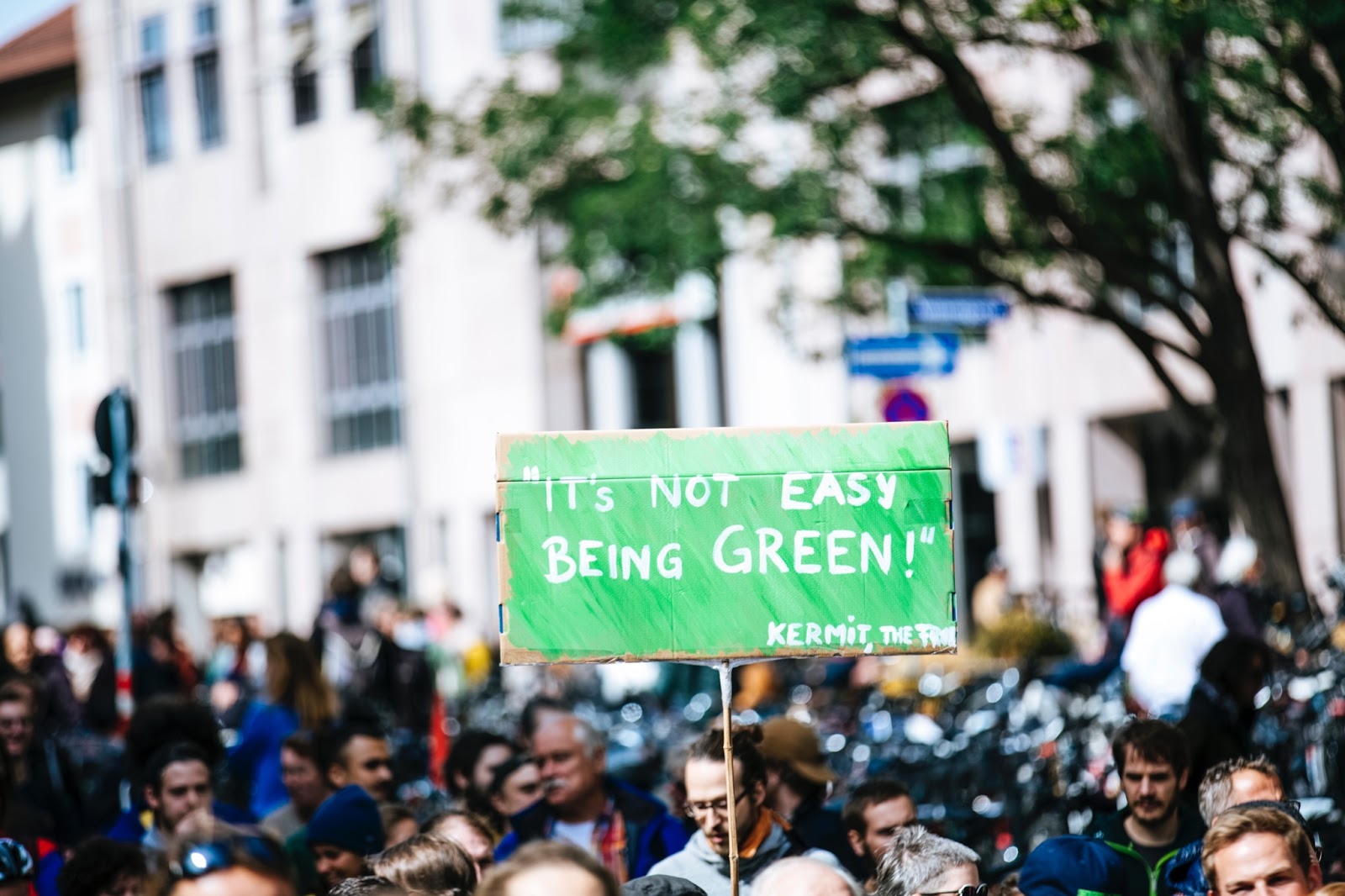
What is greenwashing ?
Consumers around the world are becoming increasingly aware of their role in the face of global warming. The choices and purchases we make every day matter and companies now need to get involved. In theory, this is a good thing, but many are satisfied with a facade of durability without really being it. This is called greenwashing.
But what exactly is it and how can we avoid companies that engage in it ?
Greenwashing : misleading advertising ?
As explained by the Youmatter media, greenwashing is a marketing method adopted by companies. It consists of putting forward ecological arguments to forge an eco-responsible image with the public. The problem is that the reality of the facts does not correspond, or insufficiently, to the explicit or implicit content of the messages broadcast.
The purpose of this practice is to create a link between the product and nature in the mind of the consumer. To do this, companies use different persuasion techniques. In particular by highlighting qualifiers such as “ecological”, “green” or “natural”.
The border between real ecological responsibility and greenwashing is thin. A company that is truly invested in the environment must fundamentally change its corporate culture. An understanding and an appropriation of the concept are necessary. This is what is called green marketing. This practice, opposed to greenwashing, is honest and transparent. It means that a product or service meets the following criteria:
Fabrication éco-responsable et éthique ;
- Eco-responsible and ethical manufacturing;
- Absence of toxic materials;
- Product that is recyclable or made from recycled materials;
- Not be made from materials harvested from a protected area, or the harvesting of which has a negative impact on threatened or endangered species;
- Do not use excessive packaging;
- Designed to be repairable rather than disposable.
Impact of greenwashing
When it comes to the impact we have on people and the planet, telling the truth is very important. Indeed, language is a powerful tool, especially when it misleads.
Greenwashing has effects that sometimes lead to confusion about what is truly ecological and the behaviors to adopt. This weakens the company’s credibility with consumers and can damage its reputation. Faced with this phenomenon, consumer skepticism is growing towards companies that claim to be eco-responsible, even if they really are.
On the other hand, the strong presence of this type of product overshadows truly responsible products. This confusion can then cause consumers to unwittingly become part of the problem. This happens when people consume more of a product that claims to be “sustainable”, mistakenly thinking that its ecological impact is low.
The fashion industry, one of the most polluting industries in the world, is also a victim of greenwashing. A lot of fast fashion brands mislead consumers by claiming to be responsible. This is the case, for example, of the “Conscious” collection from H&M, of which one in five items is made of 100% synthetic materials derived from fossil fuels. However, the brand guarantees the use of natural and/or recycled materials such as organic cotton or linen.
How to avoid greenwashing ?
In order to avoid falsely responsible products, it is important to identify greenwashing techniques. For this, you will have to pay attention to several points :
- The use of suggestive images and slogans. Companies often repackage their products to make them “greener” by changing logos, colors and slogans. “Natural” colors such as green or brown, the presence of animals or plants in the images or the appearance of recycled paper are persuasive techniques. These characteristics should not be the primary motivation for your purchases. The mark should explain the positive impact of the product or its manufacture on the environment in clear and simple language. It is also important to do your own research in order to obtain more information.
- Lack of evidence. Often, companies that use greenwashing claim that their product is “100% natural”, “organic” or even environmentally friendly without providing tangible proof or certifications. It is therefore crucial to check the presence of official labels and certifications in order to verify the ecological and/or ethical aspect of a product or brand. The best-known eco-labels in the textile industry are OEKO-TEX and GOTS (Global Organic Textil Standard).
Within Label AÉ, we select creators who draw inspiration from all over the world for whom environmental responsibility is a very important point. The manufacturing techniques of our creators are respectful of the environment as well as of the craftsmen. Discover in particular the Denim pieces from the ADN PARIS house, cut in a 100% cotton Selvedge canvas, the weaving of which is carried out by the Italian house Candiani Denim, considered as one of the greenest in the world : for its faded models, it uses RE-GEN fabric : 50% recycled cotton and 50% Tencel x REFIBRA™ lyocell, without the need for new cotton production (40% BCI cotton*). For the Spring shirt, Adn opted for 100% organic cotton denim certified GOTS (Global Organic Textile Standard) worked in Turkey.

Being an eco-responsible brand sells! Companies are therefore capitalizing on this movement by announcing as many ecological advantages as possible for their products. It is therefore important to learn about greenwashing and adopt good habits in order to recognize misleading advertising. Consumers have the power to influence the way companies operate by exposing abuse and ensuring product sustainability. We can all be agents of change and participate in the development of ecological responsibility.
Yasmine Besbes

